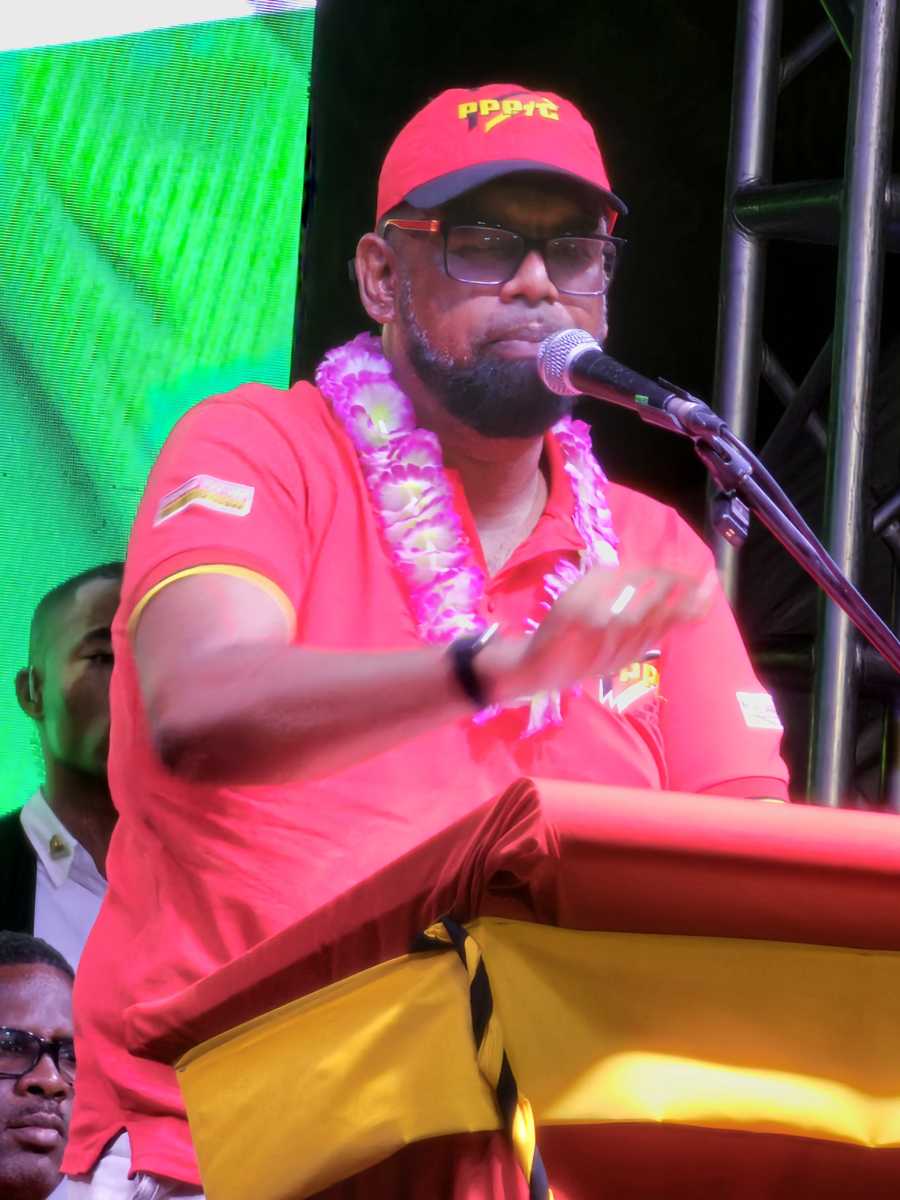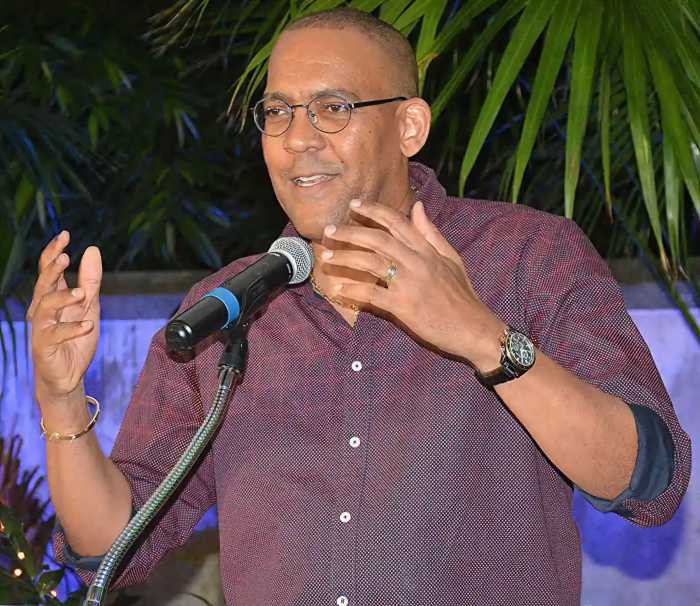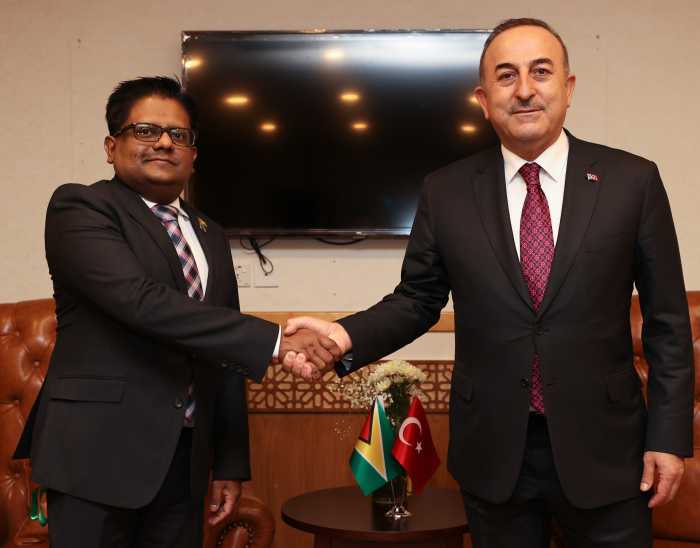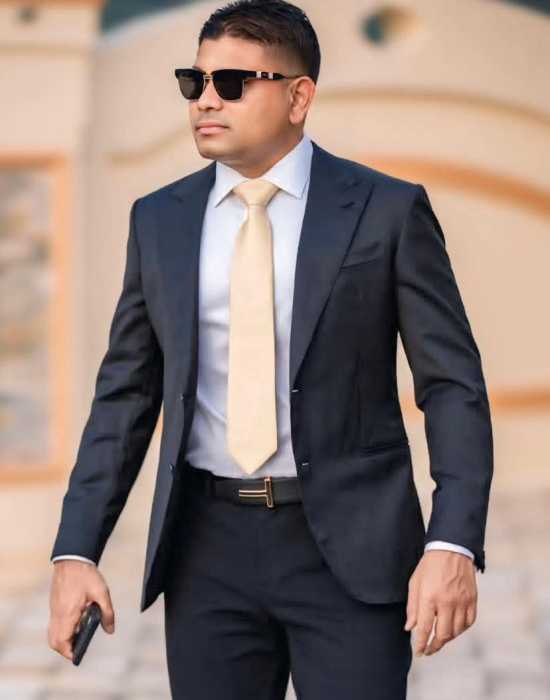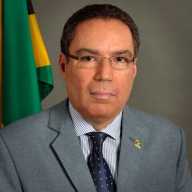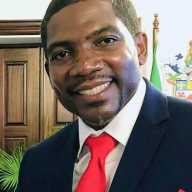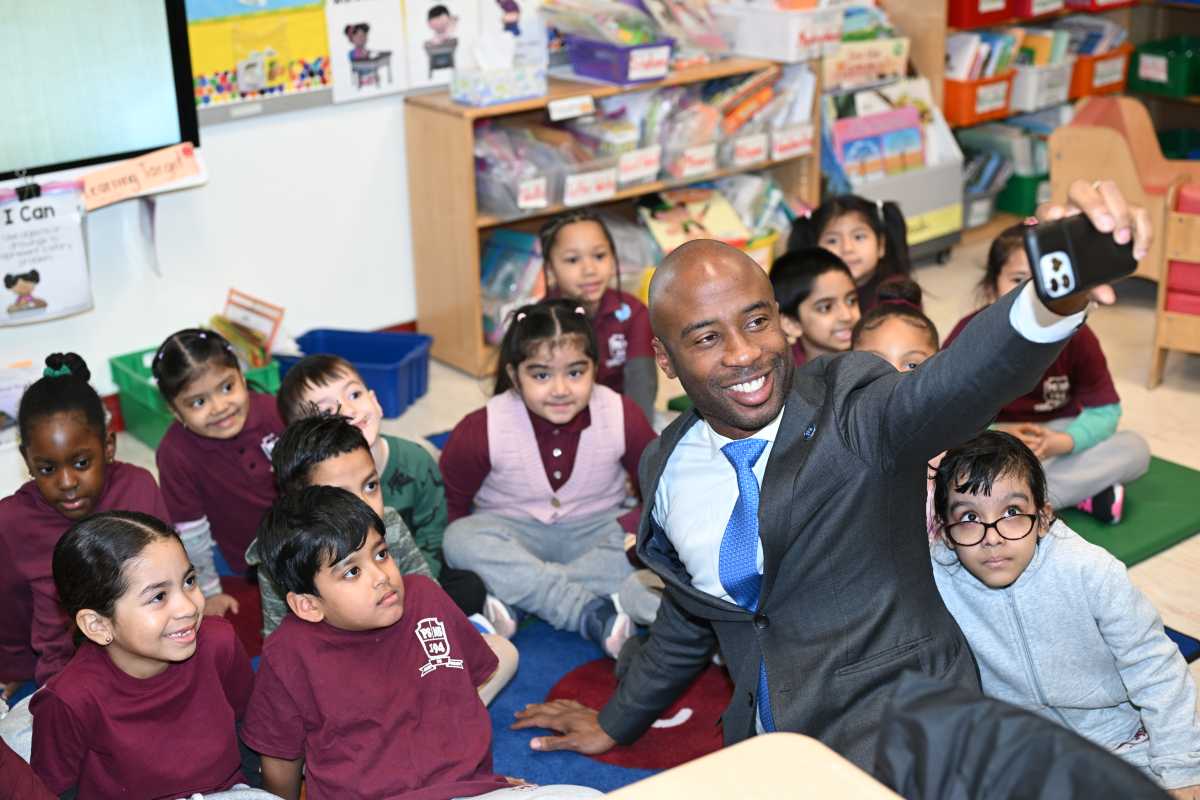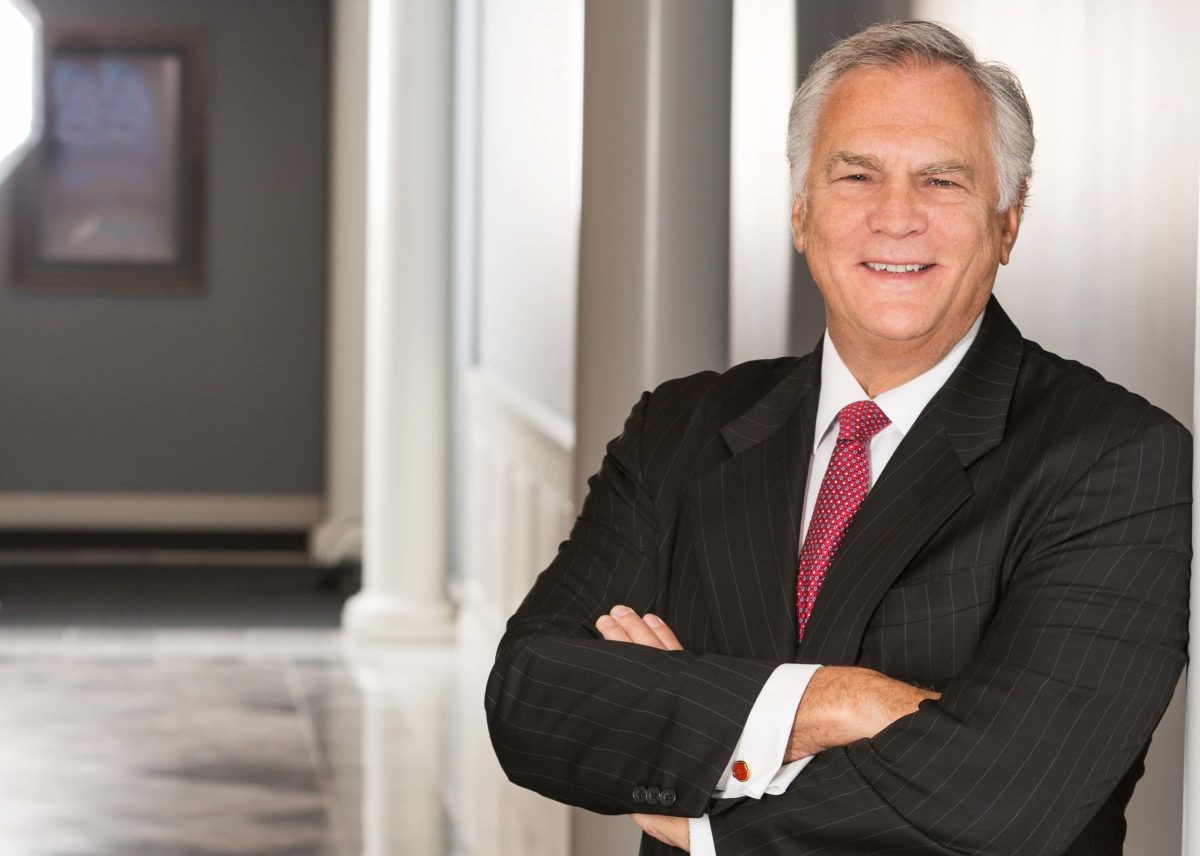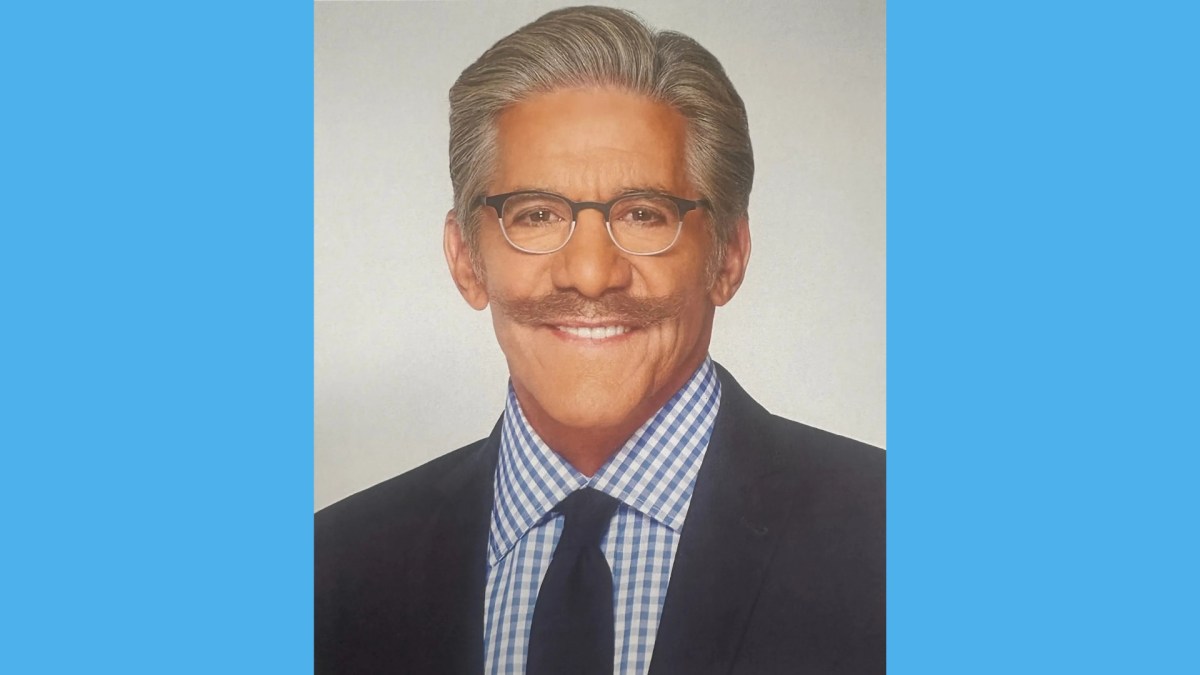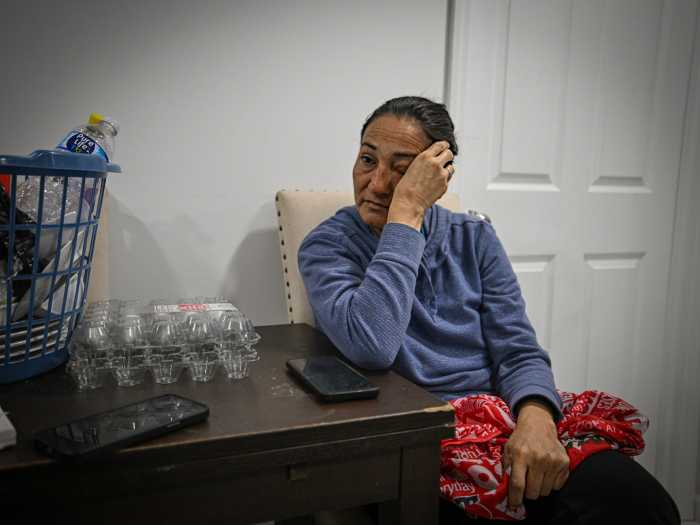American fighter jets performed a ceremonial flyover of seaside celebrations on Sunday, minutes after Guyanese President Irfaan Ali was sworn in for a second consecutive five-year term following general elections a week ago.
Late on Saturday, the electoral commission certified the results of the Sept. 1 polls, giving Ali’s People’s Progressive Party (PPP) 36 of the assembly seats and a clear three-seat majority over the two main opposition parties—We Invest in Nationhood (WIN), with 16 seats, and Partnership for National Unity (APNU), with 12.
This was easily the APNU-PNC coalition’s worst-ever performance. It dropped from more than 30 seats in the last parliament to a dozen now and was replaced by WIN as the main outfit across the parliamentary aisle. This is also the first time that the APNU-PNC team is neither in government nor comprises the official opposition in the 65-seat house.
Ironically, WIN, led by US-sanctioned businessman Azruddin Mohamed, 38, was formed only at the end of May. It entered the race with financing from the wealthy Mohamed family, which has interests in foreign exchange cambinos, gold mining and exportation, and a string of other businesses.
Last year, the Treasury Department sanctioned Azruddin and his father, Nazar, for smuggling more than 10,000 kilograms of gold to the US and avoiding US$50 million in taxes in Guyana. But more than 100,000 mostly young, first-time, and indigenous voters ignored concerns about his sanctions. They picked WIN as the second most powerful party in Guyana, eclipsing the APNU, which had won the 2015 elections and run the country until 2020. Today, it is a mere shadow of itself.
It remains a mystery how it will rebuild, having lost such a large chunk of the electorate, including youth and first-time voters. Party leaders say it will take a charismatic leader to bring back the flock that has strayed to WIN and the PPP for the next race in 2030. The party’s persistent challenges in raising campaign financing were a major contributor to its low profile both on social media and on the national stage.
For his part, Ali pledged to be a leader of all Guyanese, an acknowledgment, critics say, of the racial sensitivities that have bedeviled this resource-rich nation for decades.
“I stand before you this day, humbled and exalted by the solemn honor you once entrusted to me to serve as your president. I draw from you, the people, and my family, reminding me daily that leadership is not a pursuit of self but a service covenant. It is not the benefit for a few, but for the upliftment of all. It is in that spirit that I have taken the oath of office,” he said, signaling a continuation of people-centered governance.
This year has been one of the busiest for nations in the bloc, with elections already held in Trinidad, Suriname, Jamaica, Guyana, Bermuda, Anguilla, Curacao, The Cayman Islands, The Turks and Caicos, and Belize. Preparations are also underway for possible elections in St. Vincent this year and the Bahamas early in the new year.


